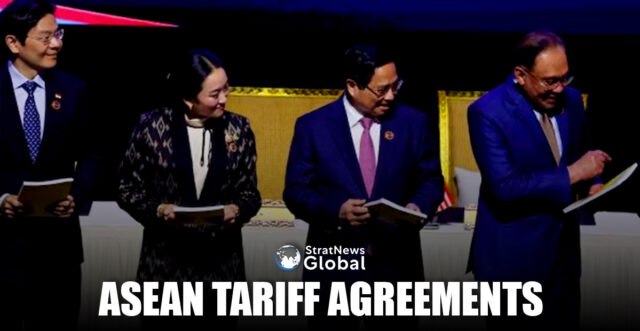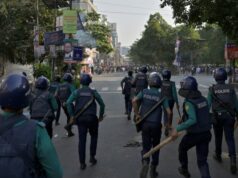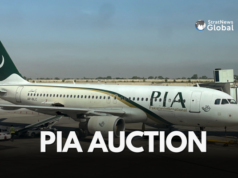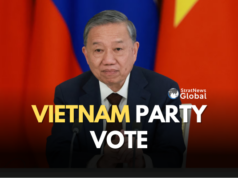Southeast Asian leaders agreed on Tuesday that any bilateral trade tariff agreements they pursue with the United States should not negatively affect the economies of other member states, according to Malaysian Prime Minister Anwar Ibrahim.
Anwar, the current chair of the Association of Southeast Asian Nations, said there was consensus during an ASEAN summit in Kuala Lumpur that any deals negotiated with Washington would ensure the interests of the region as a whole were protected.
The ASEAN meeting came at a time of global market volatility and slowing economic growth, and amid uncertainty over a trade war that has ensued since U.S. President Donald Trump’s announcement of sweeping “Liberation Day” tariffs.
Southeast Asia is among the regions hardest hit by the tariffs, with six of its countries facing levies of between 32% and 49% in July if negotiations on reductions fail.
ASEAN-U.S. Tariff Negotiations
“While proceeding with bilateral negotiations …, the consensus rose to have some sort of understanding with ASEAN that decisions should not be at the expense of any other country,” said Anwar, who on Monday said he had written to Trump requesting an ASEAN-U.S. meeting on the tariffs.
“So we will have to protect the turf of 650 or 660 million people,” he said of ASEAN.
ASEAN, a region with combined gross domestic product of more than $3.8 trillion, is in a precarious position in relation to the United States, which is the biggest market for the region’s exports, key drivers of its growth.
The 10-member bloc on Tuesday released a five-year strategic plan to better integrate its economies, citing challenges that meant “carrying on business as usual will not suffice”.
Tuesday’s meetings also included an economic gathering of leaders of the ASEAN, Gulf countries and China, which was represented by Premier Li Qiang.
One absentee was Brunei’s 78-year-old ruler, Sultan Hassanal Bolkiah, who was admitted to a Kuala Lumpur hospital after feeling tired, but was in good health according to his office.
At a dinner event late on Tuesday, China’s Li urged Gulf and ASEAN countries to remove trade barriers and expand liberalisation in the face of rising protectionism and unilateralism.
“We all need to firmly maintain the multilateral trading system with the World Trade Organization as the core, and promote the creation of a stable and orderly international market environment,” he said.
Call To Expand Truce
ASEAN leaders also called for a temporary ceasefire in army-ruled Myanmar to be expanded nationwide, to enable warring sides to build trust and work towards convening dialogue.
Myanmar has been in crisis since its military overthrew an elected civilian government in 2021, triggering pro-democracy protests that morphed into a widening rebellion, with more than 3.5 million people displaced.
A devastating earthquake in March that killed more than 3,800 people led to a series of temporary ceasefires in affected areas of Myanmar, but the military government has continued air strikes and artillery attacks.
“We further called for the sustained extension and nationwide expansion of the ceasefire in Myanmar, as an initial step towards the cessation of violence,” ASEAN leaders said in a statement.
“We encouraged all relevant stakeholders in Myanmar to build trust towards convening an inclusive national dialogue.”
Anwar hailed “significant” engagement steps on Myanmar on Monday after last month holding a closed-door meeting in Bangkok with junta chief Min Aung Hlaing and virtual talks with the rebel-aligned shadow National Unity Government.
On Tuesday, Anwar said ASEAN leaders had agreed that the path forward was to engage all sides in Myanmar.
“Now we have gone to a stage where both parties are now in consultation, although at the lower key level,” he said.
(With inputs from Reuters)





